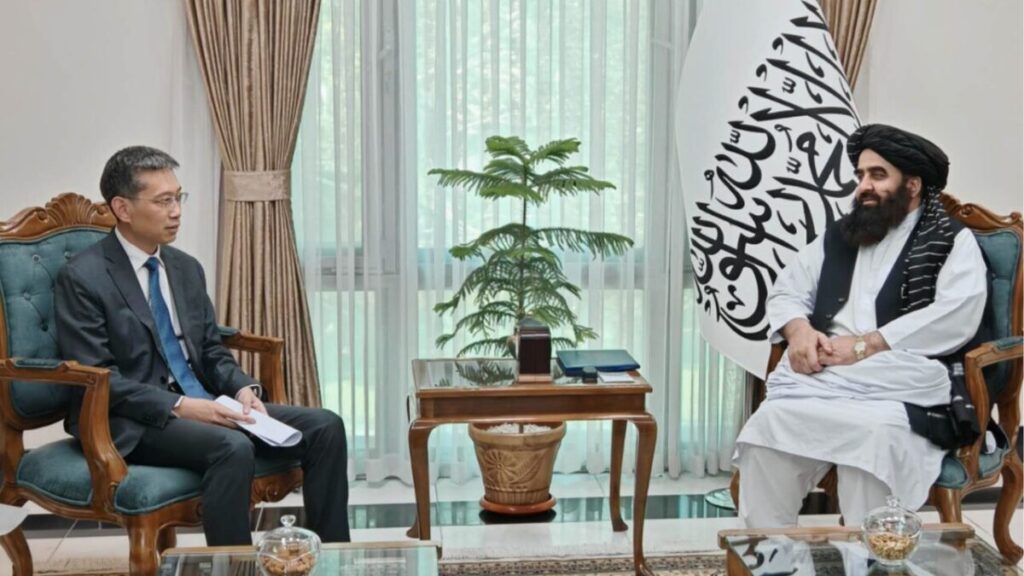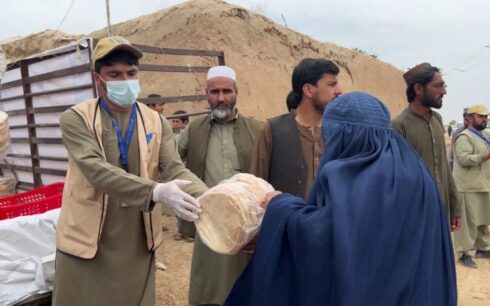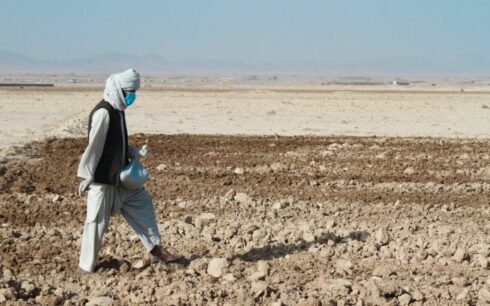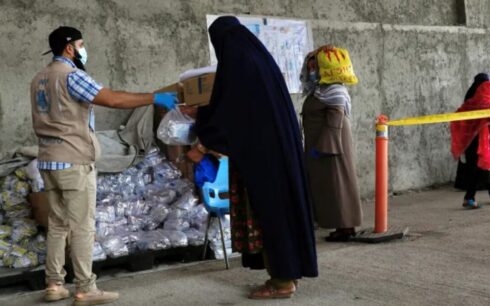Zhao Xing, the Chinese Ambassador to Afghanistan, has conducted at least five meetings with senior Taliban officials in past 12 days.
According to Xing’s account on X, these meetings included discussions with Abdul Salam Hanafi, Taliban Deputy chief Minister for Administrative Affairs; Amir Khan Muttaqi, Taliban Foreign Minister; Mohammad Yaqoob Mujahid,Taliban defense minister; Abdul Tawab Mansour, Taliban Minister of Energy and Water; and Khairullah Khairkhwa, Taliban Minister of Information and Culture. The updates span from April 23 to May 4.
Ambassador Xing stated that the purpose of these meetings is to “strengthen relations and cooperation” between China and the Taliban. These discussions occur as the international community prepares for the third round of the Doha meeting next month, focusing on Afghanistan issues, including the contentious topic of appointing a UN special envoy, which both the Taliban, China, and Russia oppose.

Last December, China and Russia were the only two nations to abstain from voting on a United Nations Security Council resolution that called for the appointment of a special representative and emphasized the creation of an inclusive government and the enhancement of human rights, particularly those of women, in Afghanistan.
In the latest Doha meeting in February, while the Russian delegation avoided a meeting with Afghan civil activists, the Chinese representative participated.
Despite the Taliban’s imposition of restrictive measures on women, Xing continues to engage with the regime, prompting concerns among local women’s rights activists. Hassina Sarwari criticized some Chinese companies for lobbying the Taliban for their business interests, particularly in sectors like copper mining and oil extraction in Sar-e Pol province. “While more restrictions are being imposed on women by the Taliban,” Sarwari noted.
Shakira Aslami, a women’s rights activist, stressed the need for a global reassessment of policies towards the Taliban concerning women’s rights. “Unless the world changes its approach and exerts the necessary pressure on the caretaker government [Taliban], I do not believe this government will uphold and protect women’s rights,” Aslami said.

Nasrullah Stanikzai, a university lecturer, described China’s engagement with the Taliban as an effort to garner support for the group’s stance in international forums, including the upcoming third Doha meeting.
Following the Taliban’s return to power in August 2021, China quickly moved to strengthen ties, appointing an ambassador to Afghanistan and becoming the first country to recognize Taliban diplomats at the ambassadorial level. The relationship between China and the Taliban is often characterized by analysts as driven by necessity, interest, and competition.

Despite their close ties, China and Russia continue to advocate for the establishment of an inclusive government that represents all Afghan sectors. To date, no country has formally recognized the Taliban as the legitimate government of Afghanistan.





